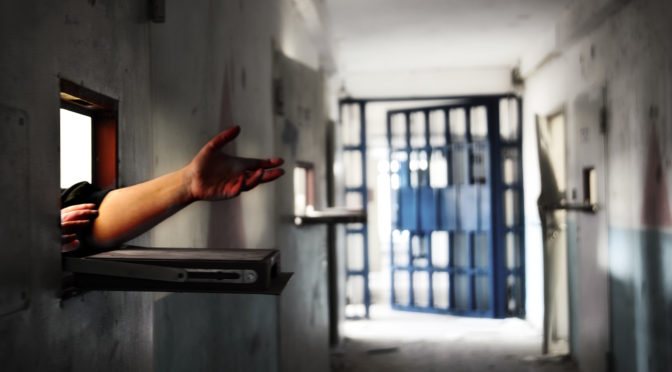Senate Bill 1437
Senate Bill 1437 would amend the penal code to more equitably sentence offenders according to their involvement in the crime.
Specifically, to be convicted of murder, the prosecution would need to prove that a participant in a crime acted with “malice.”
Senate Bill 1437 aims to ensure that murder liability is not imposed on a person who is not the actual killer, did not act with the intent to kill, or was not a major participant in the underlying felony.
Current Status of SB 1437
As of September 27, 2018, the bill is on Governor Brown’s desk, awaiting approval or veto.
Current Law
Malice
“Malice” is a deliberate unlawful intention to take away the life of another. Malice is required for a conviction for first or second degree murder, except in the case of felony murder.
Felony Murder
Under felony-murder, a defendant does not have to intend to kill anyone, nor commit the homicidal act, to be sentenced to first-degree murder. A defendant can be sentenced to first-degree murder even if the killing was unintentional, accidental, or negligent.
Proposed Changes
Malice
Under SB 1437, malice would not be imputed to a defendant based solely on his or her participation in a crime. The prosecution would need to prove that the defendant acted with deliberate intention to kill, killed without provocation, or killed with an abandoned and malignant heart.
Felony Murder
SB 1437 would change the felony murder rule so that a participant is only guilty of felony murder if:
- The person was the actual killer, OR
- The person, with the intent to kill, aided, abetted, counseled, commanded, induced, solicited, requested, or assisted the actual killer in the commission of murder in the first degree, OR
- The person was a major participant in the underlying felony and acted with reckless indifference to human life.
Current Law
First-Degree Felony Murder
A conviction for first-degree murder results in a sentence of 25 years to life.
To be convicted of first-degree felony murder, the prosecutor only needs to prove that the killing was committed in the perpetration or attempt to perpetrate a felony specified in Penal Code Section 189.
Those felonies are arson, rape, carjacking, robbery, burglary, mayhem, kidnapping, train wrecking, torture, sodomy, lewd act on a child under 14, oral copulation, and rape by instrument.
Current Law
Second-Degree Felony Murder
A conviction for second-degree murder results in a sentence of 15 years to life.
To be convicted of second-degree felony, the prosecutor only needs to prove that the killing was committed in the perpetration or attempt to perpetrate an “inherently dangerous felony.”
Inherently dangerous felonies include but are not limited to discharging a firearm at an inhabited dwelling, manufacturing methamphetamine, maliciously burning a car, and possessing a bomb in a residential area.
 Contact
Contact
924 Anacapa Street, Suite 1-T
Santa Barbara, CA 93101
(805) 635-7766
RABLAW805@gmail.com




